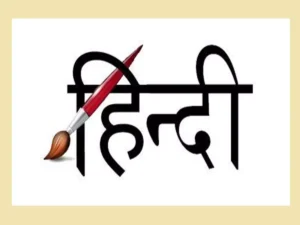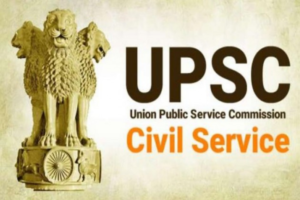Here’s a comprehensive overview of the Public Administration syllabus for UPSC examinations:
Paper-I:
- Introduction:
- Meaning, scope, and significance of Public Administration
- Evolution of the discipline and its present status
- Administrative Thought:
- Scientific Management and Scientific Management Movement
- Classical Theory
- Weberian Model
- Human Relations School
- Behavioral Approach
- Systems Approach
- Administrative Behavior:
- Process and techniques of decision-making
- Communication
- Morale
- Motivation Theories
- Theories of Leadership
- Organizational Structure:
- Theories of organization
- Types of organization
- Principles of organization
- Concepts of Public Administration:
- Public and Private Administration
- Wilson’s vision of Public Administration
- The New Public Administration
- Public Choice Approach
- Challenges of liberalization, Privatization, Globalization
- Accountability and Control:
- Concepts of accountability and control
- Legislative, Executive, and Judicial control over administration
- Citizen and Administration
- Role of media, interest groups, and voluntary organizations
- Administrative Law:
- Meaning, scope, and significance
- Dicey on Administrative law
- Delegated legislation
- Administrative Tribunals
- Comparative Public Administration:
- Historical and sociological factors affecting administrative systems
- Administration and politics in different countries
- Current status of Comparative Public Administration
- Development Dynamics:
- Concept of development
- Changing profile of development administration
- Administration of developmental programs
- Planning and Evaluation
- Personnel Administration:
- Importance of human resource development
- Recruitment, training, and development
- Performance appraisal
- Promotion, demotion, and transfers
- Morale and productivity
- Industrial relations
Paper-II:
- Indian Administration:
- Evolution of Indian Administration
- Philosophical and Constitutional framework of government
- Public Sector Undertakings
- Union and State Government
- State Government and Administration:
- Union-State Administrative, Legislative, and Financial relations
- Role of the Finance Commission
- Governor
- Chief Minister
- Council of Ministers
- Chief Secretary
- State Secretariat
- District Administration
- Role of the District Collector
- District Administration:
- Changing role of the Collector
- Union Government and Administration
- Central Secretariat
- Cabinet Secretariat
- Prime Minister’s Office
- Planning Commission
- Regulatory Authorities:
- Powers and functions
- Normative judgements
- Impact assessment
- Civil Services:
- The constitutional position
- Structure and recruitment policies
- Training
- In-service training
- Code of conduct and discipline
- Administrative ethics
- Public Sector Undertakings:
- Public sector in modern India
- Forms of Public Sector Undertakings
- Problems of autonomy, accountability, and control
- Impact of liberalization and privatization
This syllabus provides a broad understanding of the field of Public Administration as relevant to the UPSC examination. It’s important for candidates to delve deeper into each topic, refer to recommended books, and stay updated with contemporary issues in Public Administration.





